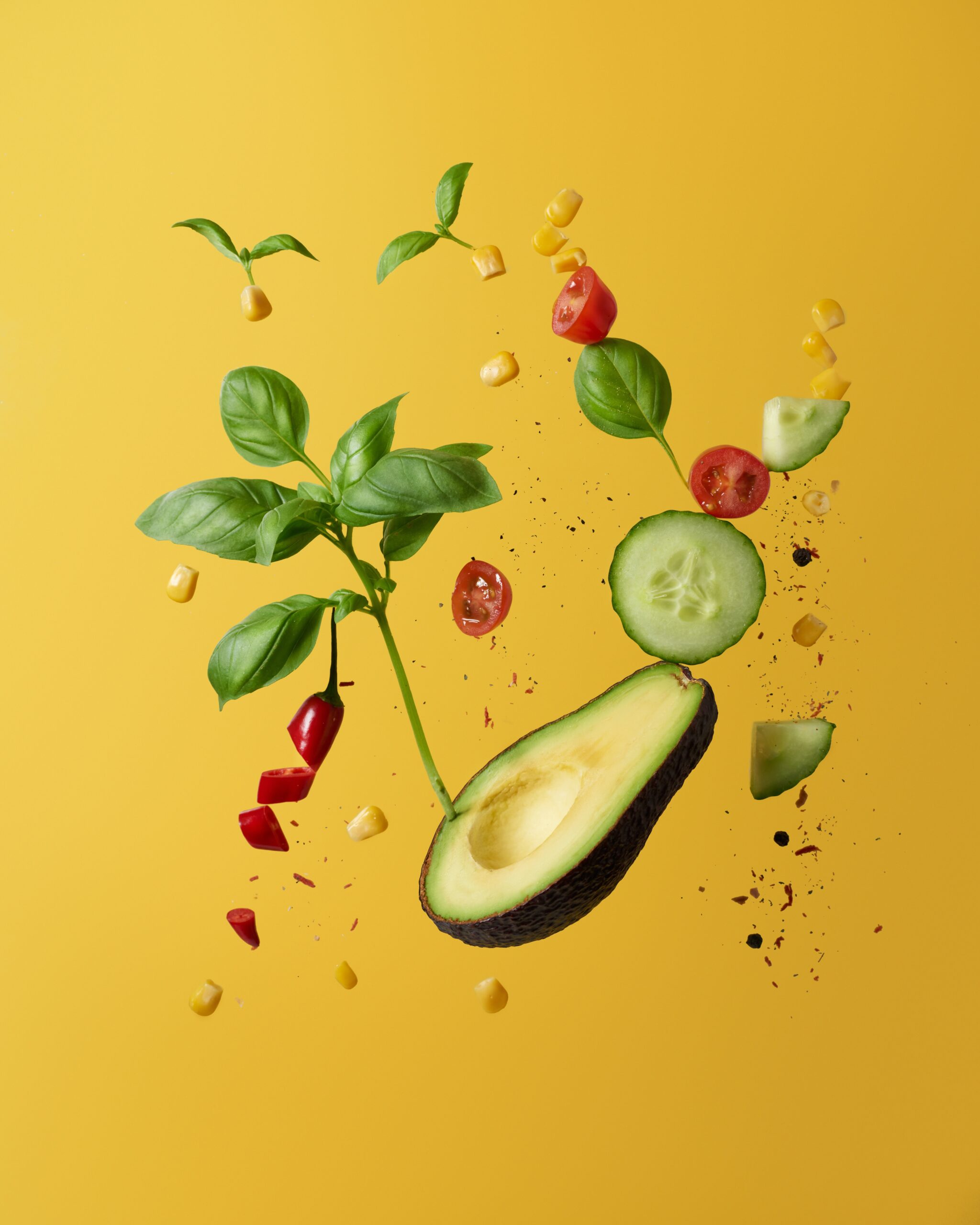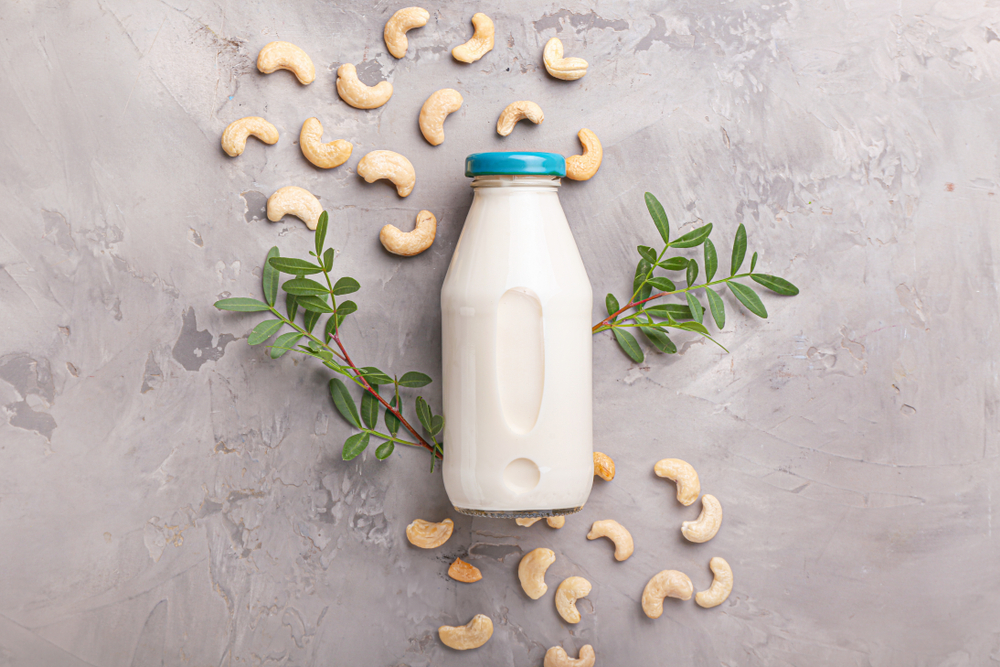Innovator or perfector – what kind of plant-based food maker are you?

Menna was a man of many titles in ancient Egypt. He was officially a scribe, but his burial stones in Saqqara depict plows and sieves, sickles and baskets, angling lines, and nets. Effectively, he was Pharaoh’s food production manager.
As early as three millennia ago, technology was inextricably linked to food production. Farming, fishing, or hunting developed in conjunction with the tools and knowledge of the community. This formula remains the basis of the food industry today, perhaps even more so since the industrial era.
The connection is most strongly seen in the nascent plant-based foods market. Start-ups in this space are as much tech companies as food manufacturers. That reflection is from Floor Buitelaar, co-founder and managing partner of Bright Green Partners, a global consulting trailblazer in the alternative protein field.
“Established food companies don’t typically build in-house capability to develop manufacturing processes,” tells us Floor. “But new manufacturers in the plant-based industry have engineers and technologists within their ranks.”
Products such as dairy-free blue cheese or vegan chicken breast convert the properties of beans, nuts, and legumes into the sensory profiles we learned to identify with casein and meat. This transformation requires specialized process knowledge that is hardly necessary for traditional foods. Plant-based food makers are a different kettle of fish – process design is an intrinsic part of the product offering and a primary differentiator.
“Unlike conventional food producers, plant-based product brands must create textures, tastes, and mouthfeel that do not naturally occur in the main ingredients they’re working with,” explains Floor, reducing the emerging industry’s challenge to its core.
However, not all plant-based food companies approach this question the same way. Some brands focus on pushing the industry boundaries and invest their energy in innovating. Other companies seek to perfect a method and create the definitive plant-based product in the category. “This industry is not simply about foods, but about the strategy to develop them,” adds Floor. And manufacturers should be clear about their objectives from the start.
Innovators rethink a food category by modifying the production method or sourcing network. They experiment with alternative ingredients and work with novel materials. Meanwhile, perfectors want to refine the plant-based type and provide the ultimate experience to consumers.
Innovation-led manufacturers try different recipes and aim for first-mover status with original tastes, textures, and whole categories. Perfectors focus on one product at a time, and their strategy is to master the process with an established ingredient base. Controlling the process method becomes critical in this case.
In Floor’s experience with start-ups in this space, most companies are a mix of innovators and perfectors. Manufacturers typically experiment with formulations while working to improve a food category. They develop expertise with a definite process or ingredient combination but want to apply that knowledge to a broad range of products. “But the nuances are crucial because they determine the production plan,” she points out.
The fundamental question plant-based food manufacturers must answer is whether they need their own production facility. Floor says that it typically takes four years to get from zero to a running factory. Before making substantial capital investments, startups should know whether they want to grow into an innovation-based brand or a fully-fledged production company.
Although most manufacturers of plant-based foods have their own engineering teams to adapt technology and processes, engineering is only one part of a production facility. Innovators can still run R&D projects and customize equipment. but they might be better off leaving large-volume production with co-manufacturers and focusing on product development.
In contrast, since perfectors hone in on their unique process, it makes sense for them to set up a facility. As Floor warns, products that demand plenty of specifications make external manufacturing more challenging.
This is not to say that manufacturing internally is a piece of cake. In fact, Bright Green Partners was founded to help companies navigate the complications of setting up a production facility. Building a new site and commissioning equipment are just two steps in Floor’s six-step process. The rest are ideation, feasibility, engineering, and, finally, the official operational phase.
“Many new manufacturers opt to retrofit disused plants instead of greenfield projects,” Floor reveals. Former food factories, especially in the cereal industry, can be converted relatively quickly and with smaller capex. There are trade-offs, though, and Floor says that not all sites may be adequate for the particular process of a plant-based product manufacturer.
Ultimately, retrofitting a facility or building one from scratch depends on the process technology involved in making the end product. Unlike Pharaoh’s production manager, plant-based food manufacturers don’t need to figure that out all by themselves. Instead, they can count on Floor and her team’s advice to turn their ideas into market-ready products.





